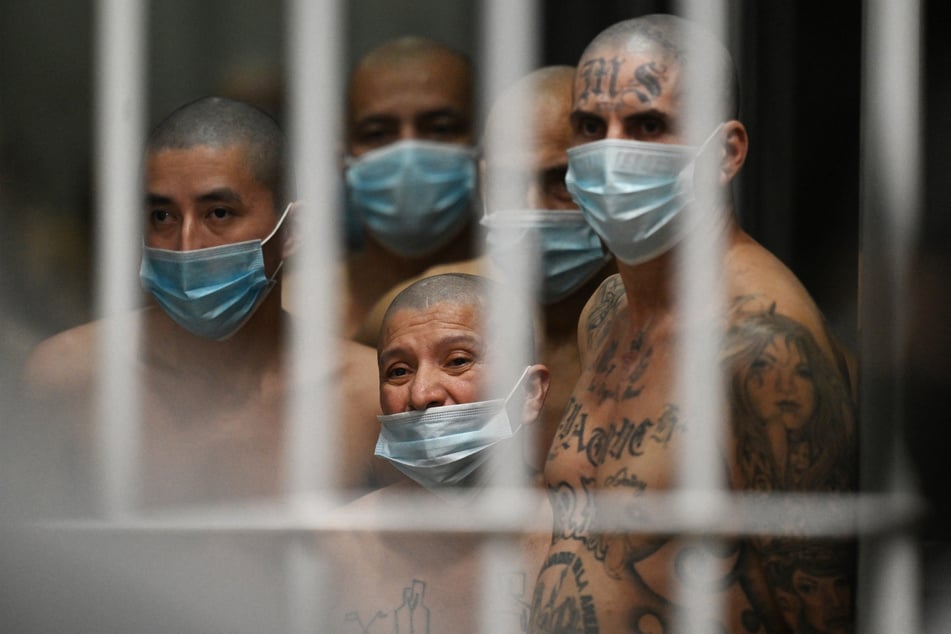ICE list reveals use of tattoos and clothing to target migrants for deportation
Washington DC - A document obtained by the American Civil Liberties Union (ACLU) revealed that US Immigration and Customs Enforcement (ICE) uses tattoos and clothing as supposed proof that migrants are gang members.

The guide includes a point-based evaluation form used by ICE agents to determine whether a migrant is a member of the Venezuelan Tren de Aragua (TDA) gang and should face legal action or deportation.
All individuals evaluated must be 14 years or older, a non-US citizen, and a citizen of Venezuela to qualify for removal under the Alien Enemies Act (AEA), which the Trump administration is using to conduct mass deportations.
Under the "Symbolism" section of the form, the document reveals that individuals can be identified as gang members if they fit into one of the following five categories:
- They have tattoos denoting membership to TDA.
- They have posted on social media in support of TDA, or displaying symbols of TDA.
- They have tagged or graffitied symbols of TDA.
- They have used hand signs associated with TDA.
- They have displayed insignia, logos, notations, drawings, or clothing known to "indicate allegiance" to TDA.
Each action is equivalent to a certain number of points, with a total of five points being the minimum required for action or deportation by ICE.
The revelation confirms fears that have circled since the brutal deportation of more than 200 Venezuelan migrants to El Salvador in March that tattoos are being used to wrongfully identify migrants as gang members.
A series of interviews with The Guardian revealed that at least seven of those sent to El Salvador were arrested based – at least in part – on their tattoos.
One of the most high-profile cases was a former professional soccer player who had an inking designed as a tribute to the team Real Madrid.
Cover photo: AFP/Marvin Recinos
